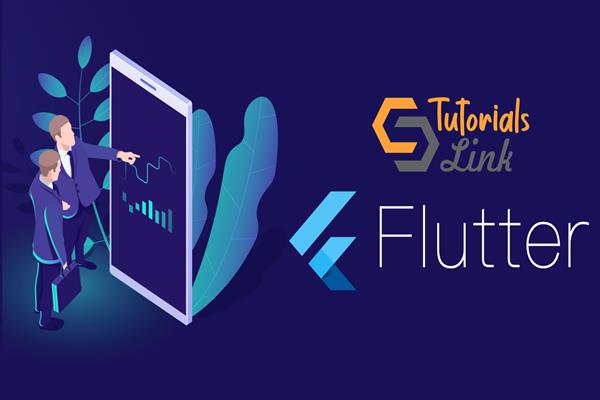Quickstart to Flutter
Jun 24, 2021
Flutter,
2021 Views
In this article, I have explained what is Flutter and why it is important
Introduction
This is part one of the "Quickstart to Flutter" series. In this article, we will learn the basics of Flutter. The following is the ToC of this article.
- Background
- Introduction to Flutter
- Need of Flutter
- Highlights of Flutter
- Language
- Editors
- Points to remember
- Conclusion
Background
Flutter is an emerging technology. I started learning this new amazing technology on my own. While learning, I found that it is very easy. Then, I thought others should know more about Flutter. So, this article is mainly for those who do not know What Flutter is and are interested to learn more about Flutter.
Introduction to Flutter
Flutter is an open-source mobile application development framework to develop native Andriod and iOS mobile applications in a single code. Flutter was introduced by Google. The stable version of Flutter is Flutter 1.0 that was released on December 4, 2018. The sky is the first Flutter application that ran in Andriod OS.
Need of Flutter
Since there are many cross-platform mobile app development technologies available these days, why do we need Flutter? The main reason for the introduction of Flutter is that Google is developing a new OS called Fuchsia OS, which is primarily focused to run in all PCs, Laptops, Tablets, and Smartphones. To develop an application for Fuchsia OS, they came with Flutter SDK.
Highlights of Flutter
There are many advantages of Flutter over other mobile SDKs, as described below.
- Fast Development
- Expressive UI (Widgets)
- Native Performance
Fast Development
Flutter has a new feature called Hot Reload, which helps developers quickly and easily build UIs and fix bugs by injecting updated source code files into the running Dart Virtual Machine. And then, the Flutter framework automatically rebuilds the widget there, allowing developers to view the effective changes. Don't worry about widgets, we will learn about these in detail in a future article.
Expressive UI
In Flutter, everything is a Widget. Developers can design beautiful UIs using built-in libraries. Widgets are built using the framework. The Widget concept in Flutter is inspired by React Components. Everything in Flutter is Widget. Some basic and most commonly used widgets include.
- Text
- Row
- Column
- Container
We will look more deeply into Widgets in an upcoming article.
Native Performance
Flutter’s widgets incorporate all critical platforms to provide full native performance on both, iOS and Android.
Language
Dart is the language used in the Flutter Framework. It is not mandatory to be a skilled person in Dart to develop Flutter applications. While developing applications in Flutter, we can learn Dart hands-on.
Database
This is one thing that comes in our mind - can Flutter be connected with a database? The answer is - Yes, we can connect with databases. Here, I have mentioned a couple of databases that can be connected with Flutter.
- SQLite - To access SQLite in Flutter, we need an SQLite plugin.
- Firebase
Editors
First, download the Flutter SDK and install it on your local machine. Then, you can use any of the following editors.
- Android Studio
- Flutter Terminal
- Visual Studio Code - If we are using this, we need to install Dart Code
- IntelliJ IDEA
Points to Remember
- Flutter is developed by Google.
- We can develop native Andriod and iOS mobile applications in a single code using Flutter.
- Fast Development - Hot Reload
- Expressive UI (Widgets)
- Native Performance
Conclusion
In this article, we have learned some basics of Flutter. Hope it was informative. In upcoming articles, we will learn more about Flutter and its parts. Please feel free to share your feedback in the comments section.
Happy Learning!!!!





